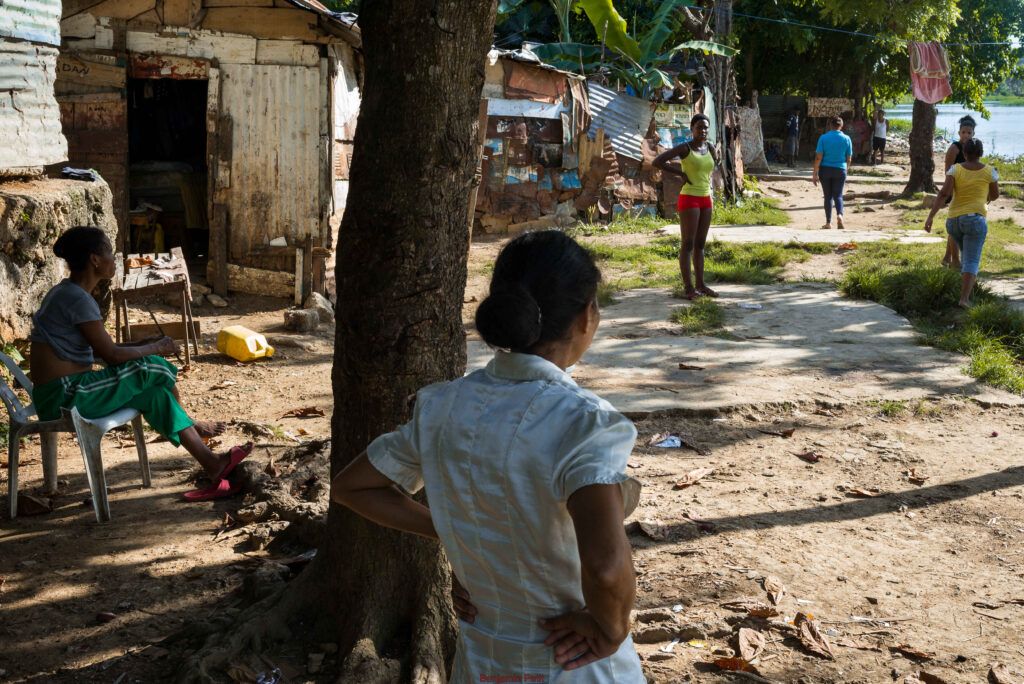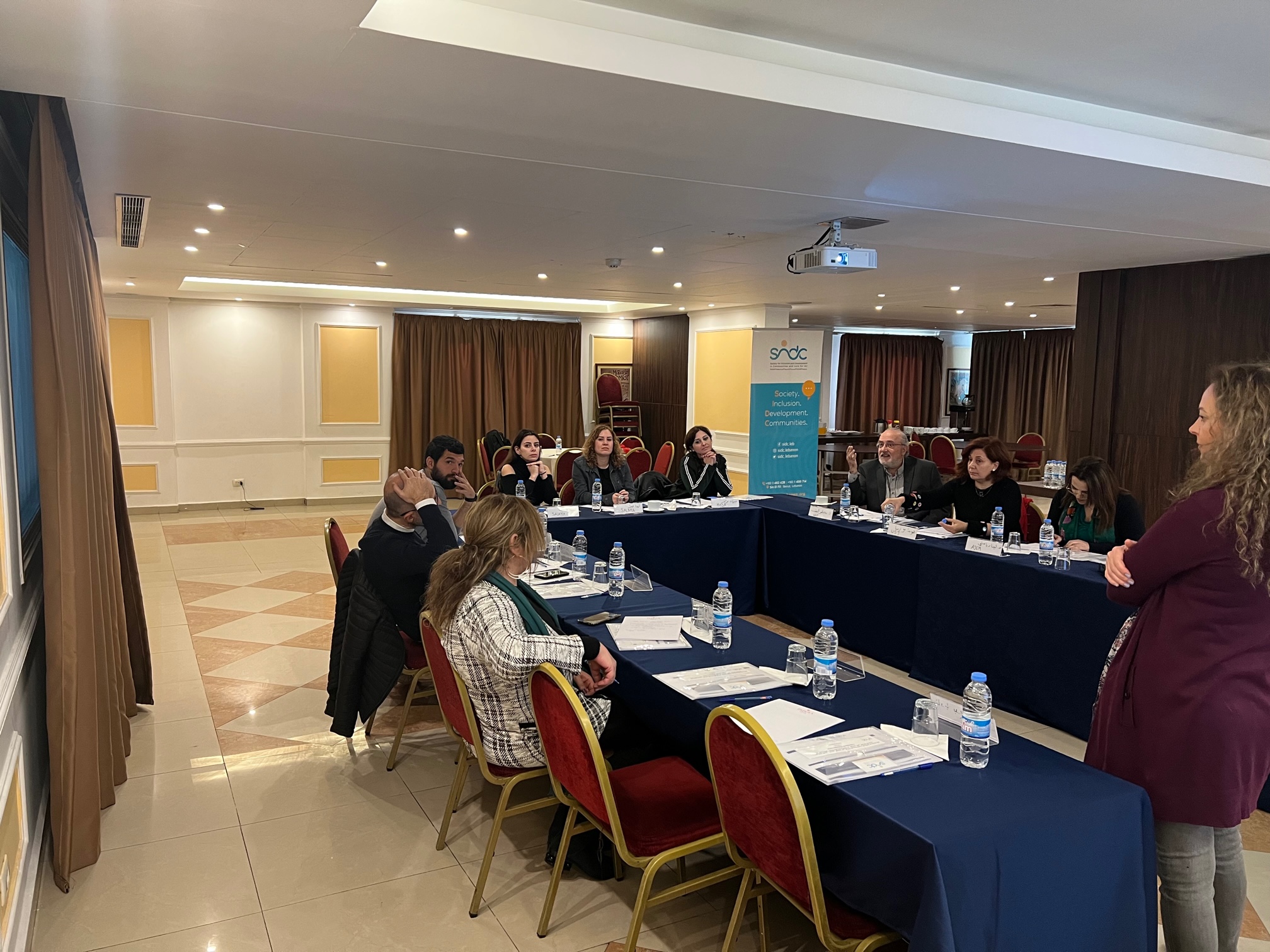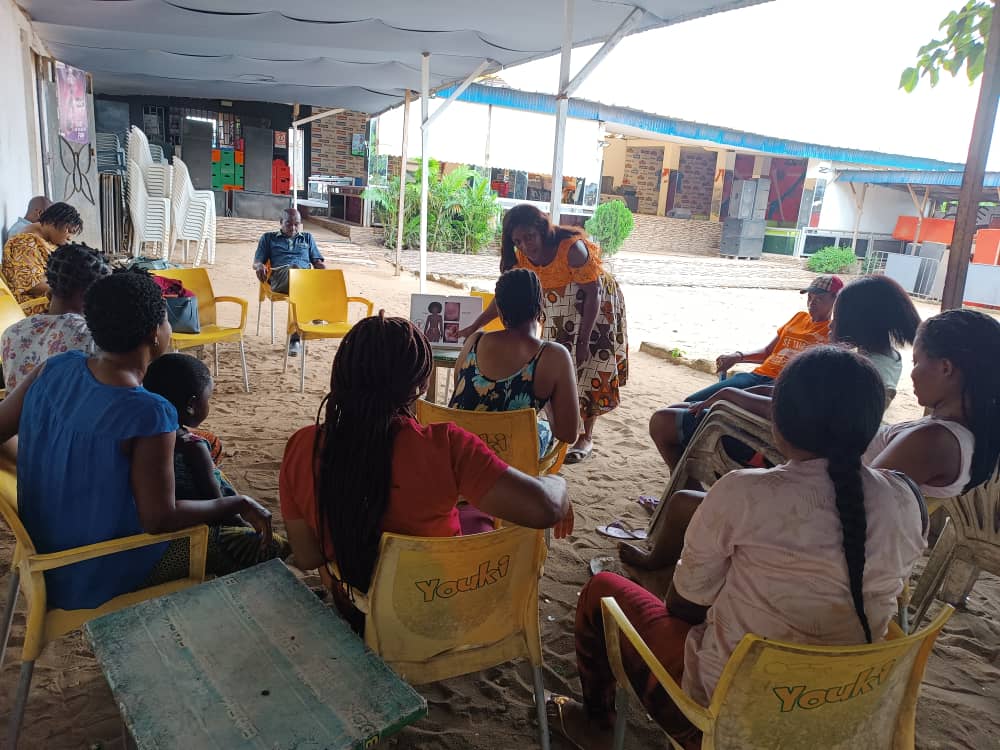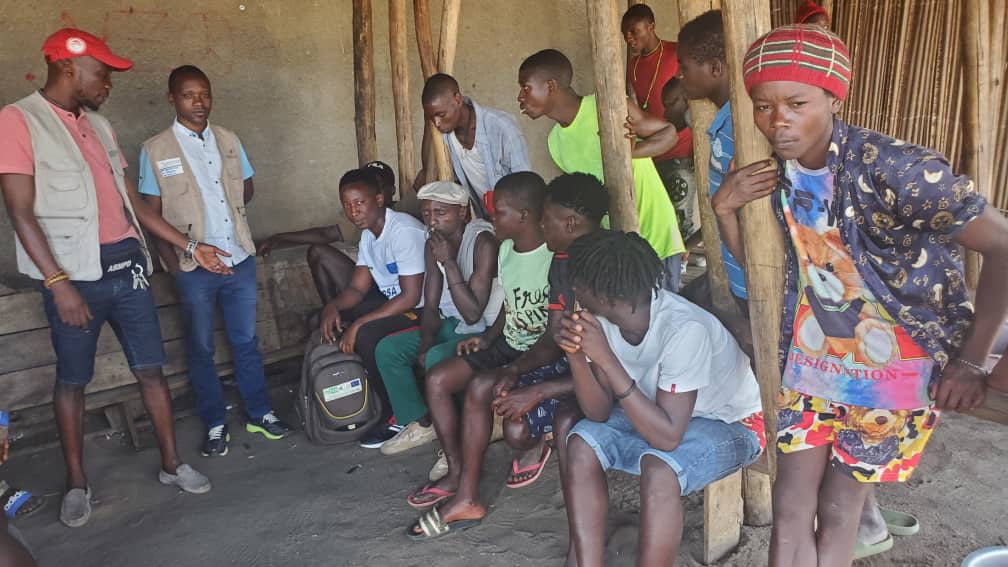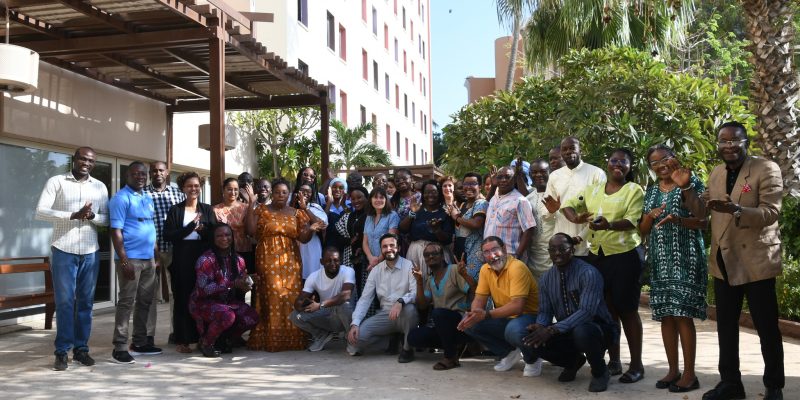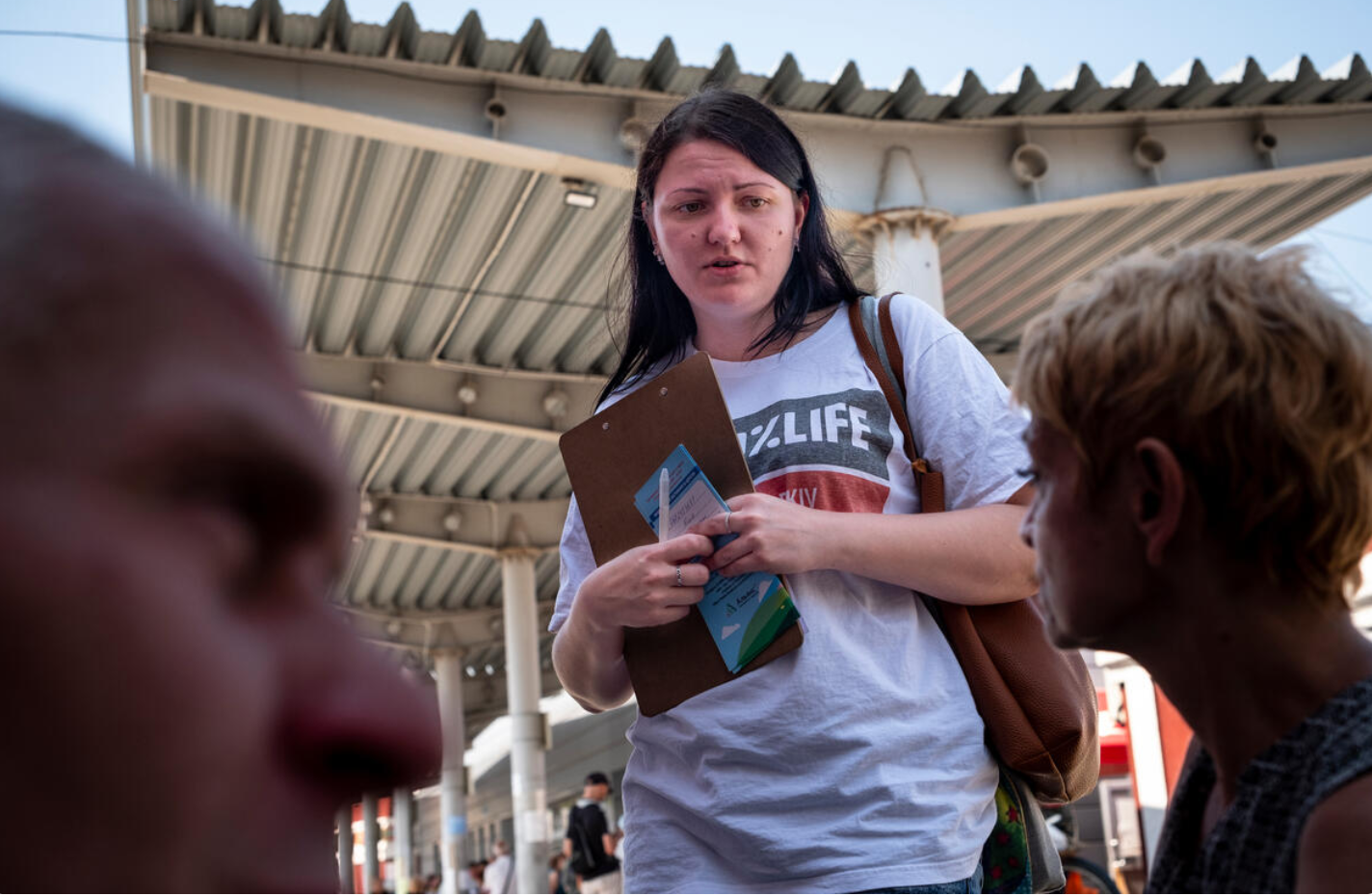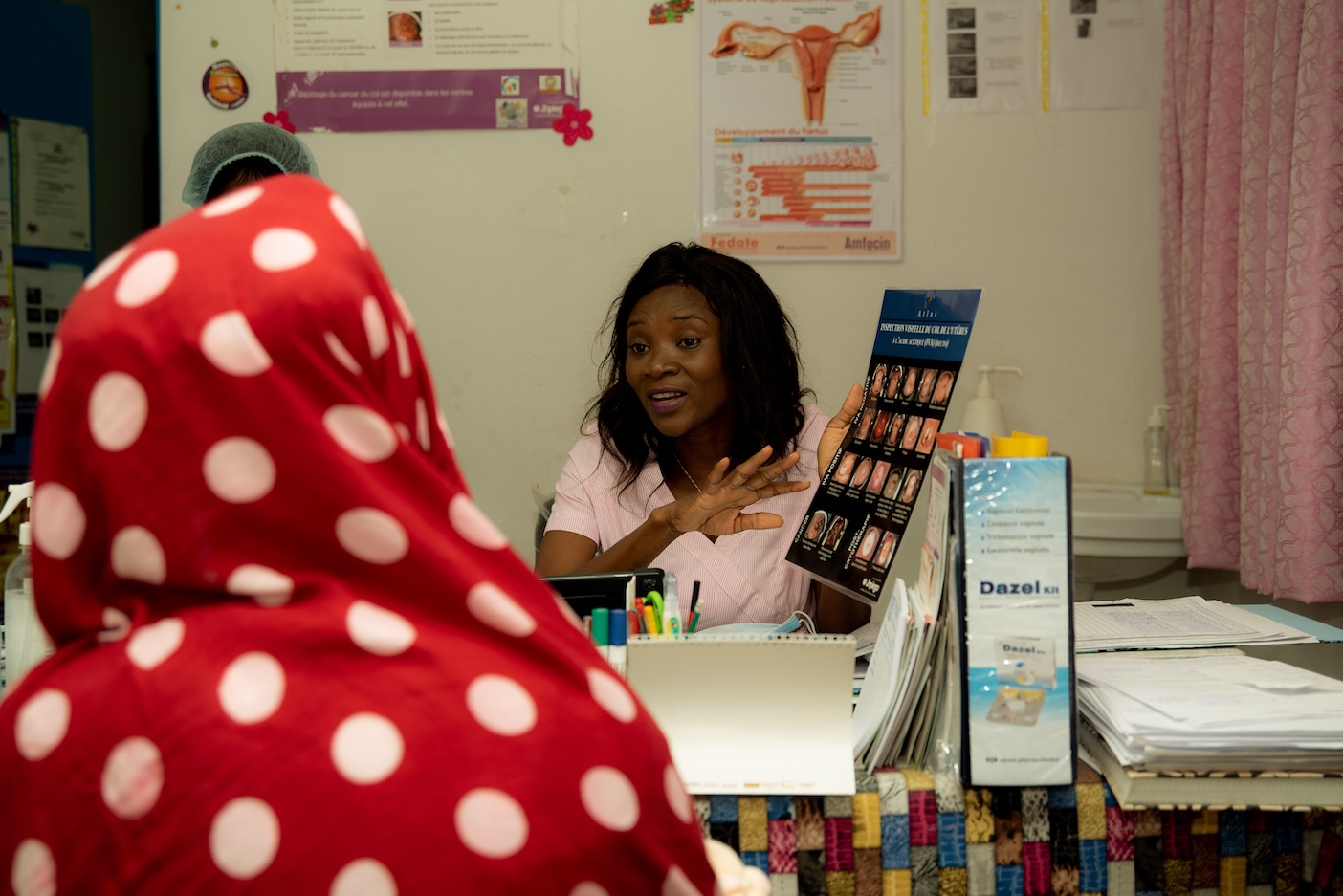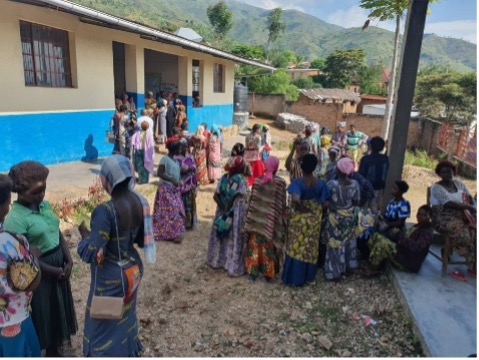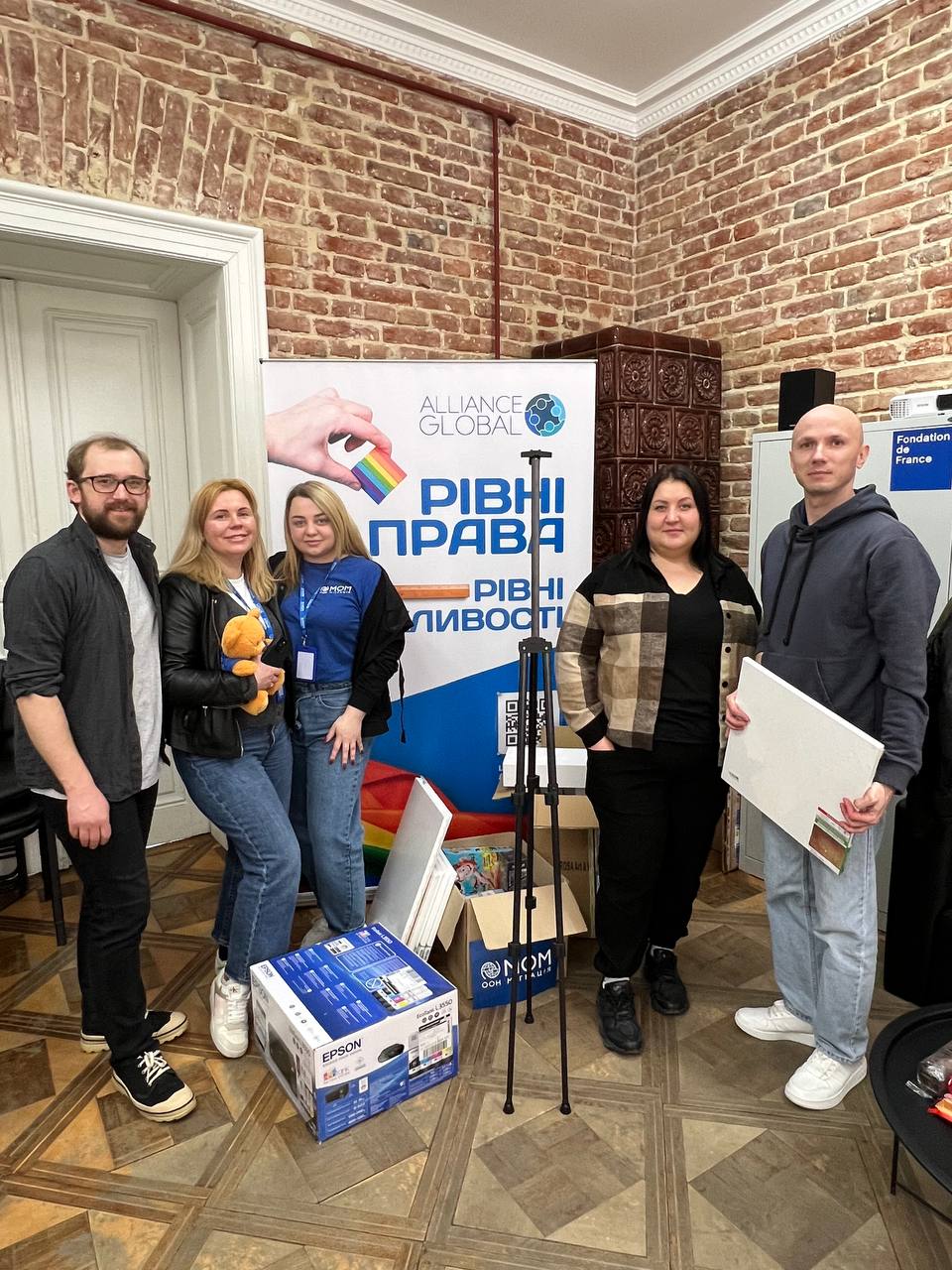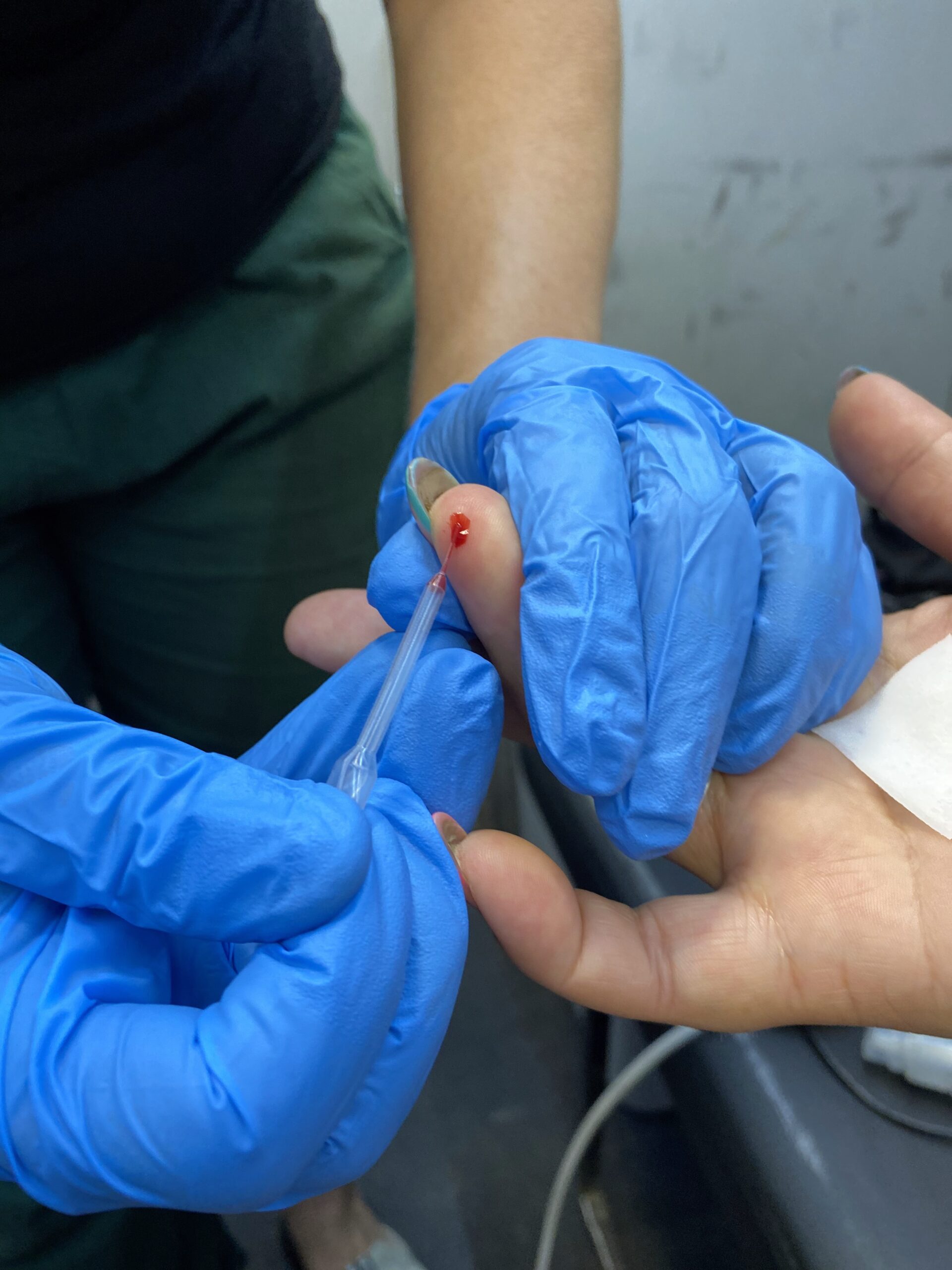The project LISS seeks to improve access to HIV/AIDS prevention and care for young people and women with disabilities in the Dominican Republic by strengthening the capacities of individuals, civil society organizations, and healthcare providers.
Context
According to the 2013 ENHOGAR survey, 7% of the Dominican Republic’s population lives with a disability, with a higher proportion being women. This group faces numerous challenges, including low levels of education, limited professional integration, economic dependence, and multiple forms of discrimination. Women with disabilities, in particular, are excluded from education, healthcare, and economic opportunities and are especially vulnerable to sexual and obstetric violence. Their specific needs are overlooked by public policies, and they are often excluded from sexual and reproductive health services. Furthermore, the Dominican Republic has one of the highest teenage pregnancy rates in Latin America, with 75% of these pregnancies being unintended. Gender-based violence, early unions, and relationships with older men are common, with 39.5% of teenage girls having experienced partner violence. Additionally, less than half of young people know how to reduce the risk of HIV/AIDS infection.
Description
The project LISS aims to build the capacity of individuals, organizations, and healthcare providers to improve access to HIV/AIDS prevention and care for women with disabilities and young people aged 15 to 35. This effort is being rolled out across five provinces of the country and focuses on:
- Empowering and raising awareness among women with disabilities and young people to reduce the risks of HIV/AIDS transmission, sexually transmitted infections (STIs), and gender -based violence.
- Enhancing combined HIV/AIDS and STI prevention services, ensuring a comprehensive, accessible, and tailored approach to sexual health for marginalized populations.
- Strengthening advocacy at all levels to develop, make accessible, and sustain innovative health services for the most excluded communities.
Impact
The LISS project beneficiaries learn about HIV/AIDS prevention and gender- based violence. 160 healthcare providers receive training to better support women with disabilities and young people and to develop adapted services. Meanwhile, target populations strengthen their ability to advocate for inclusive HIV policies.
